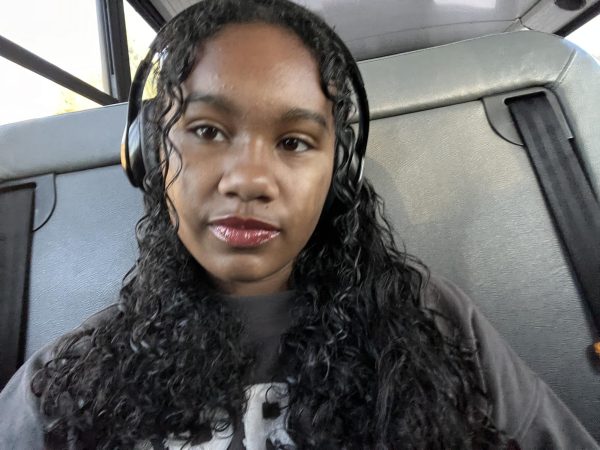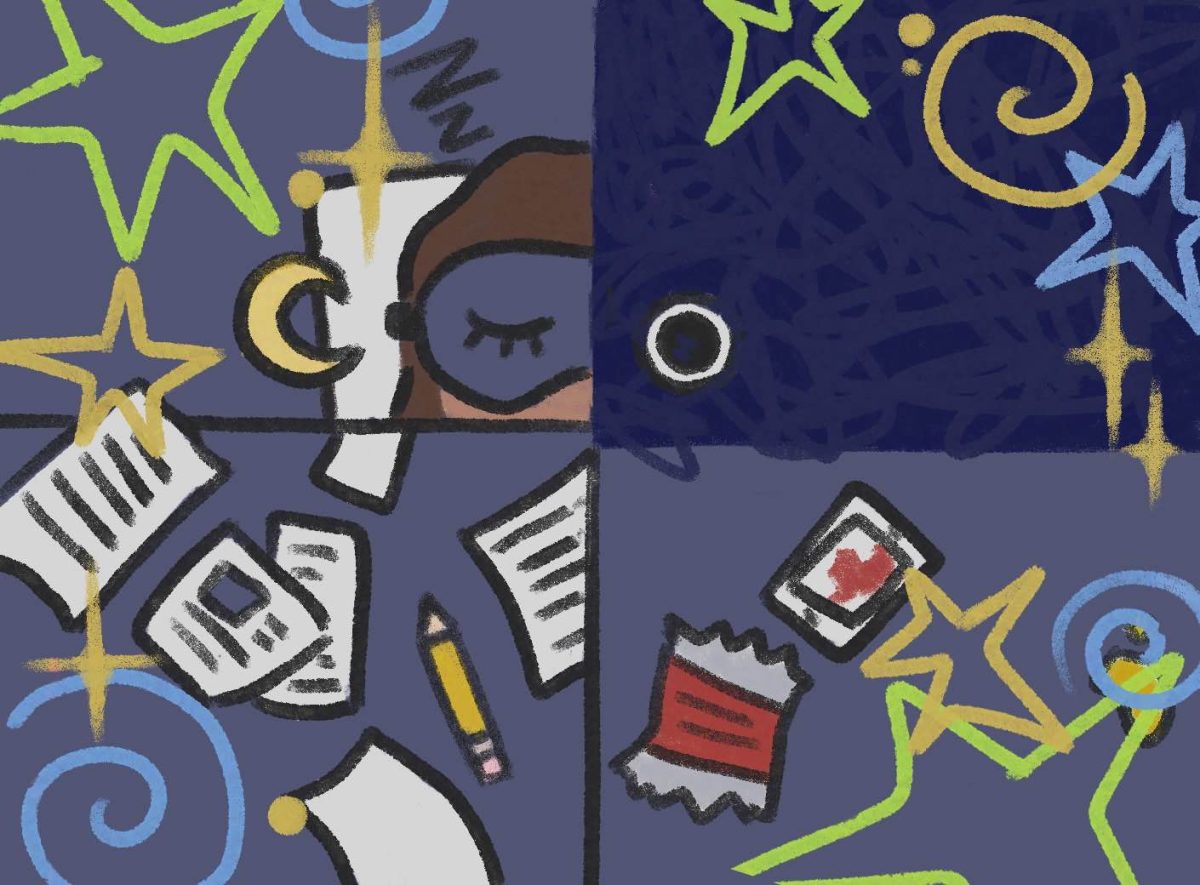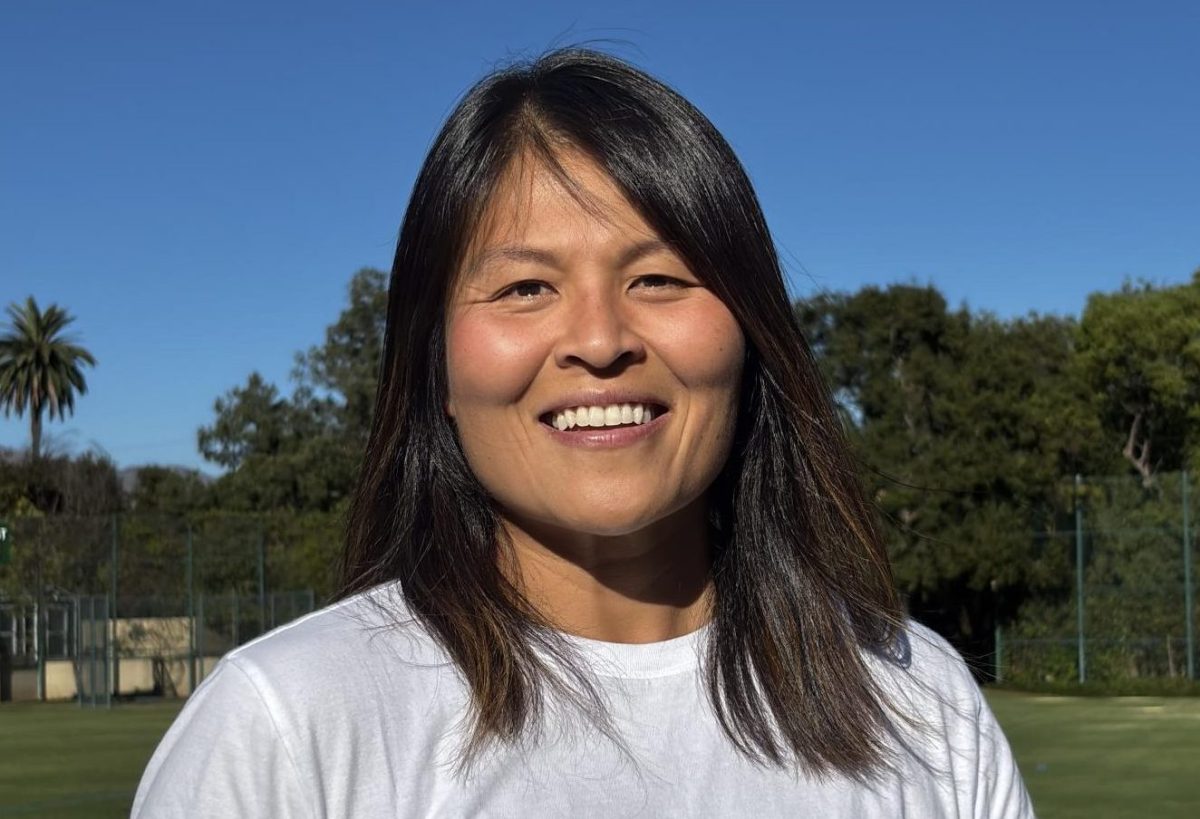Last November, Spyglass published the survey results on the sleep habits of Westridge students. From October 16 to November 6, Spyglass followed four students from each Upper School grade to examine their sleep routines and explore the factors influencing them.
Each morning around 8:00 a.m., Spyglass sent out a daily form to four Upper School students. The form contained three questions that asked students the number of hours they slept, to rate their quality of sleep, and to rank the factors that affected their sleep routine the most.
Among the four students, over the span of three weeks, the two main takeaways were:
- Upper School students sleep less and less with advancing grade levels often due to increased academic demands and extraneous activities.
- The survey results confirmed the previous survey’s findings: academic demands and technology use were the top two factors affecting students’ sleep routines.
9th grade: Catherine P.

As an archer and technical theater participant, it is difficult for 9th grader Catherine P. to balance a healthy sleep routine with her extracurriculars, as well as the academic demands that entering Upper School brings. She noted that her History reading homework tends to keep her up. Despite staying up late doing homework from classes like History, she said, “Compared to the people I talk to, I think [my sleep routine] works. I get enough sleep.” She continued to say that she does experience fatigue, but feels she cannot do anything to combat it: “I’m just tired and wish I could get more sleep, but I can’t really cut anything out of my sleep routine.”
While Catherine understands her use of technology keeps her up at night, she continues to go on her phone before going to bed. For Catherine, “just scrolling for ten minutes” might prevent her from receiving an ideal amount and quality of sleep, “but I think it’s worth it—I need something before just going to bed,” she said.

10th grade: Mady K.
A member of the Junior Varsity Golf team and a regular volunteer with Club 21, Mady noted her sleep habits are not the best; but when seeing the data results, she was surprised that others around her receive less sleep. She said, “I thought I was getting little sleep, but I never realized that other grades above me and people around me are…getting [even] less sleep.”
She also admitted that, like Catherine, her phone keeps her up late. Mady said, “I use Instagram reels [the most]; it’s pretty bad…Usually when I look at my phone I don’t sleep as well.” While she acknowledges her trouble with tech use, she has not tried to improve her habits. “I think I have just gotten used to it,” she said.
11th grade: Micaela R.

An actress in the fall play The Skin of Our Teeth, Micaela recognizes her poor sleep habits but feels she is unable to change them due to the intense academics of junior year and her use of technology. Extracurriculars like theater factor into her sleep routine as well. During busy periods like tech rehearsals, her average sleep hours inevitably declined. She said, “I do want [my sleep routine] to be better. I do want to get eight hours a night, but I’ve gotten used to it.” For Micaela, homework is the main obstacle to achieving an ideal amount of sleep. “Homework is more important…I’ll do homework and stuff and then I’ll kind of regret doing that because now I’m getting six hours of sleep,” she said.
Additionally, Micaela struggles with asthma and anxiety, which results in an interruption in her sleep routine. Participating in this study, she said, “I’ve been more aware of how many hours a night [I sleep], and I’ve woken up more in the middle of the night, and I never noticed I did that.”

12th grade: Brooklyn P.
As a Varsity Soccer player and high school senior, Brooklyn started sleeping less as she became an upperclassman, noting that she got more sleep as a freshman than she does as a senior. She said, “I was [sleeping more] in freshman year and maybe even in sophomore year, but once junior year and [senior] year hit…I’ve had to adapt to having less sleep, and I think that’s just more of when you get older, that’s just what happens.”
In addition, the college process had a significant impact on her sleep patterns. She continued, “I also feel like freshman year was such a breeze that I could finish my homework so quickly and go to bed whenever while senior year I feel like there’s always something to do especially in [the first semester]. I can be done with all my homework, but I have college apps or I have to do something for the college counseling or I’m studying for the ACT.”
As a player for the Varsity Soccer team, sleep is important to Brooklyn. She said, “I try not to stay up super late because I like to sleep…I can’t be tired the next day because it brings my mood down during practice.” Just like her three younger peers, she notes the importance of a strong sleep schedule but often neglects it to use technology. For Brooklyn, she stays up at night because once she finishes a task like a supplemental essay for a college application she then ends up on TikTok. “I just forget to get off of it,” she said.
In participating in this study, all four Upper School students were made more aware of their sleep habits. Filling out a daily, morning survey, they had to ask themselves about the various factors that affected their sleep routine, forcing the four students to consider ways they could improve their quality and hours of sleep. Although all four students wished to get more sleep, they felt the factors were out of their control. However, with controllable factors like technology use, all students continue to use their phones before bed. Miceala R. said. “I do think [sleep] is very important…There’s just so many things going on in my life that it’s become a lower priority.”




























![Dr. Zanita Kelly, Director of Lower and Middle School, pictured above, and the rest of Westridge Administration were instrumental to providing Westridge faculty and staff the support they needed after the Eaton fire. "[Teachers] are part of the community," said Dr. Kelly. "Just like our families and students."](https://westridgespyglass.org/wp-content/uploads/2025/03/dr.-kellyyy-1-e1748143600809.png)
























